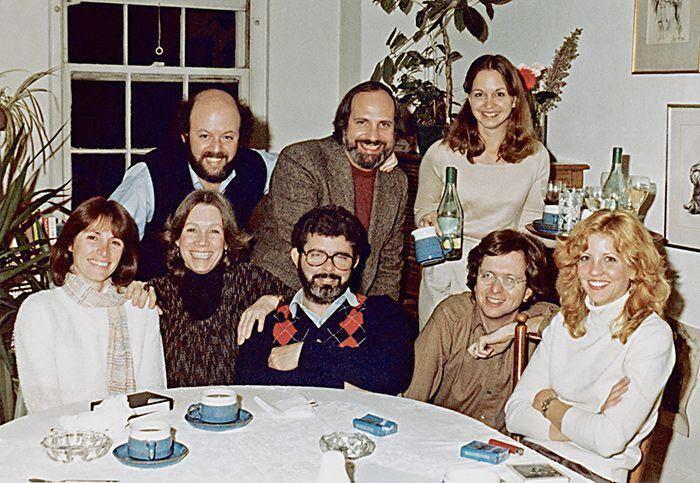DE PALMA'S "MASTERPIECE" SHOWS "ACTUALITY OF NEOLIBERAL SUBJECTIVITY"

Cultural critic Steven Shaviro, who in recent years has articulated the current post-cinematic atmosphere (in which cinema is no longer a cultural dominant) by way of what he calls "Post-Cinematic Affect" (flows of new media forms in confluence with digital technologies and postmodern capitalism), recently wrote on his blog that he "was quite impressed" with Spike Jonze's Her, "though I didn’t really like it very much. For me, it is more interesting to think about than it actually was to watch." Shaviro suspects that Jonze was attempting to tap into the deep sadness of his previous film, Where The Wild Things Are, "but despite considerable formal inventiveness, he doesn’t quite achieve it this time."
Shaviro continues, "But Jonze does sort of (inadvertently?) display the hollowness of the aching sincerity that has come to prominence in our recent (white, liberal, well-meaning) culture as an impotent reaction formation against the hyper-cynicism of official Capitalist Realism. I vastly prefer the 'post-irony' of films like Joseph Kahn’s Detention to the non-ironic sincerity of Her; but they are both reactions against the same thing, the way that hip irony, or what Sloterdijk long ago called 'cynical reason', is the 'official' affect, as it were, of 'there-is-no-alternative' neoliberal capitalism."
Shaviro concludes, "Ultimately, Her is the exact inverse, or the flip side, of a much better film — Brian De Palma’s recent masterpiece Passion. De Palma shows the actuality of neoliberal subjectivity, in which everything is vicious competition in the service of self-entrepreneurship, with female sexuality as the linchpin of the whole structure. In contrast, Jonze shows neoliberal subjectivity’s self-deluding idealization of itself as total sincerity, maintaing this emotional nakedness and yearning within the parameters of a world in which 'sincerity' can itself only be a commodity, or a form of human capital to bring on the market. And the punchline is that even this self-congratulatory idealization is a weak and unsustainable facade. It is ultimately too hollow and sad to serve even its ideological function. Most self-delusions are self-congratulatory and even megalomaniacal; but Theodore’s self-delusion, which is also that of all the other human beings he meets (or for whom he works, writing 'handwritten' personal letters for other people) is lame, vapid, and devoid of true imaginativeness. Her — rather than The Matrix — is really the film whose motto should be, 'welcome to the desert of the real.'”
Updated: Monday, February 3, 2014 2:07 AM CST
Post Comment | Permalink | Share This Post




 Nancy Buirski's documentary Afternoon Of A Faun: Tanaquil Le Clercq, looks at the life of "Tanny" Le Clercq, the ballerina for whom choreographer Jerome Robbins created his staging of Afternoon Of A Faun. Brian De Palma has said he'd always been fond of Robbins' version, and adapted it as part of his latest film, Passion. The documentary premiered at the New York Film Festival last year (one year after Passion played there), and will open this Wednesday, February 5th, at
Nancy Buirski's documentary Afternoon Of A Faun: Tanaquil Le Clercq, looks at the life of "Tanny" Le Clercq, the ballerina for whom choreographer Jerome Robbins created his staging of Afternoon Of A Faun. Brian De Palma has said he'd always been fond of Robbins' version, and adapted it as part of his latest film, Passion. The documentary premiered at the New York Film Festival last year (one year after Passion played there), and will open this Wednesday, February 5th, at 





